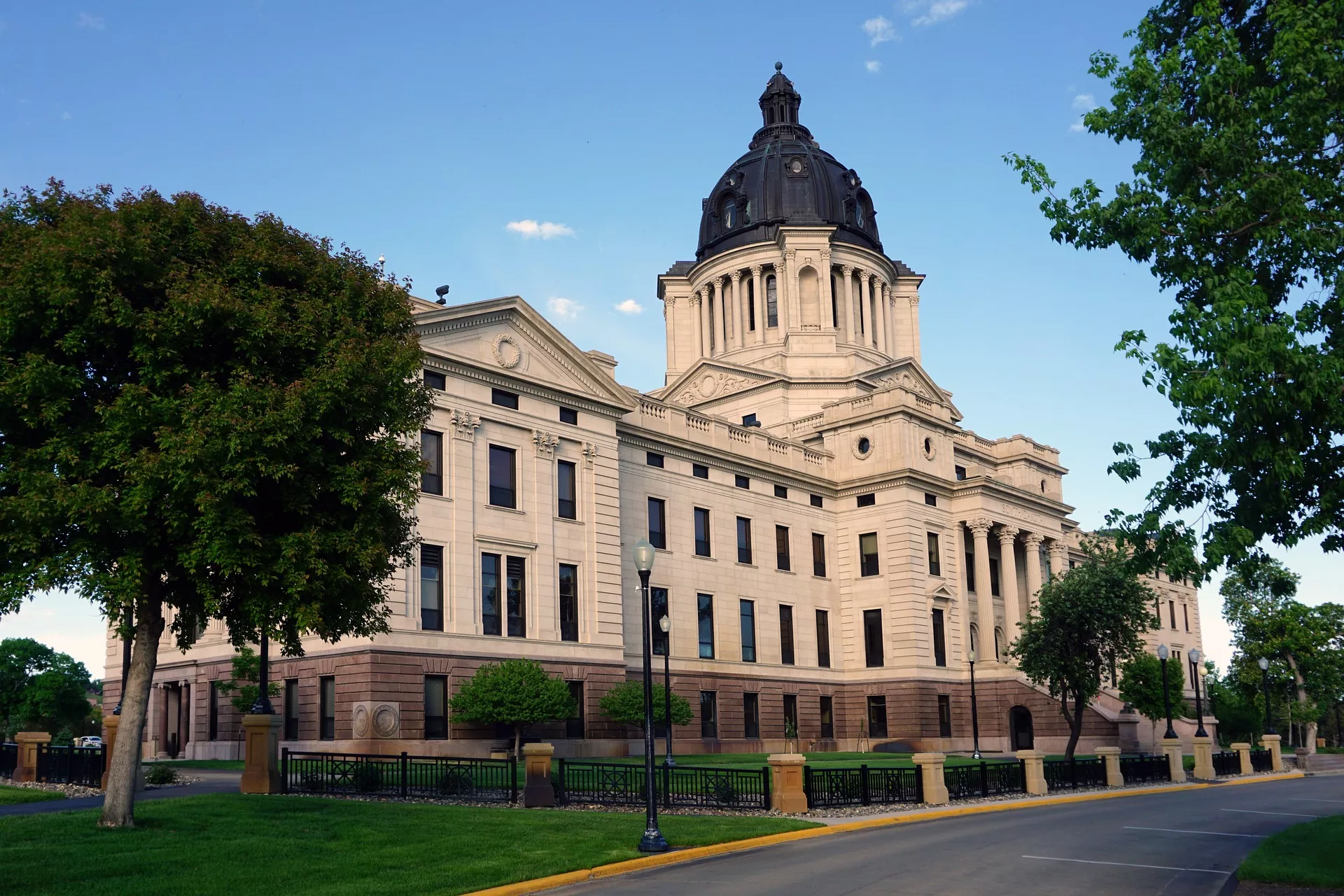Pierre, SD – The South Dakota Education Association (SDEA) announces that South Dakota has moved up three positions to rank 46th in average teacher salary according to the latest NEA Rankings and Estimates report. For the 2023–2024 school year, South Dakota's average teacher salary is $56,328, a significant increase from the previous year's average of $53,153 when the state ranked 49th. This current rank of 46 is the highest South Dakota has achieved since the report's inception.
SDEA President Loren Paul credits three years of substantial investments in South Dakota's public school funding formula, including six percent increases for FY 2023, seven percent for FY 2024, and four percent for FY 2025. These investments were all above the statutory increase of three percent.
"The state's investments in public schools are paying off for teachers. Most school districts saw some nice bumps in pay, which encouraged teachers to stay," said Paul. "We believe that it was a smart investment on the part of those legislators, and coupled with the strong accountability measures we passed in 2024, we saw meaningful gains in pay."
However, Paul cautions that a drop in investment may lead to the state average sliding back again. With the 2025 legislators only giving schools a 1.25 percent increase, South Dakota falls behind inflation, and schools will struggle to keep salaries competitive. Despite the increase in the average, teachers across the nation still have less buying power.
The report shows that while the national average teacher salary increased by 3.8% from 2022–23 ($69,381) to 2023–24 ($72,030), this was the second-largest annual increase since 2006–07, following the 4.0% growth from 2021–22 to 2022-23. Twenty-three states experienced growth of over 4%. However, adjusted for inflation, teachers still make less than they did a decade ago.
"While we see moving up in rank as good news, we are concerned that lawmakers will take their feet off the gas and salary increases will stall, forcing many teachers to leave the profession because they can't pay their bills," said Paul. "My message to state policymakers is that we were moving in the right direction, but the work is not done. To ensure we have qualified and caring teachers in the classroom, we need to continue making strong investments in our schools."
The report also shows good news for starting salaries. South Dakota moved up in average starting salary to number 25, with an average starting salary of $45,530 for the 2023–2024 school year, up from 27th place the previous year.
Comparison with Neighboring States:
North Dakota: Average teacher salary is $58,581
Nebraska: Average teacher salary is $60,239
Minnesota: Average teacher salary is $72,430
Iowa: Average teacher salary is $62,399
Montana: Average teacher is $57,556
Wyoming: Average teacher salary is $63,669
Other Report Findings:
- The national average teacher salary increased by 3.8% from 2022-23 ($69,381) to 2023-24 ($72,030). This was the second-largest annual increase since 2006-07, following the 4.0% growth from 2021-22 to 2022-23, and 23 states experienced growth of over 4%. However, adjusted for inflation, teachers still make less than they did a decade ago.
- The national average beginning teacher salary is $46,526, an increase of 4.4% and the largest in the 15 years NEA has tracked teacher salary benchmarks. Only 16.6% of school districts have starting salaries below $40,000, a drop of over 10 percentage points from the prior year. The average starting salary exceeds $50,000 in 13 states.
- All categories of salaries are higher in states that permit collective bargaining compared to states where it is prohibited, clearly showing the union edge.
- All categories of educators are experiencing financial stress, including trouble making credit card payments and skipping medical appointments due to other financial priorities.
2025 Rankings and Estimates Report
SDEA is South Dakota's largest organization of education professionals, representing more than 5,000 elementary and secondary teachers, higher education faculty, education support professionals, retired educators, and students preparing to become teachers.
For further information, please contact:
Sandra Waltman
Director of Public Affairs
[email protected]
605-280-5788

